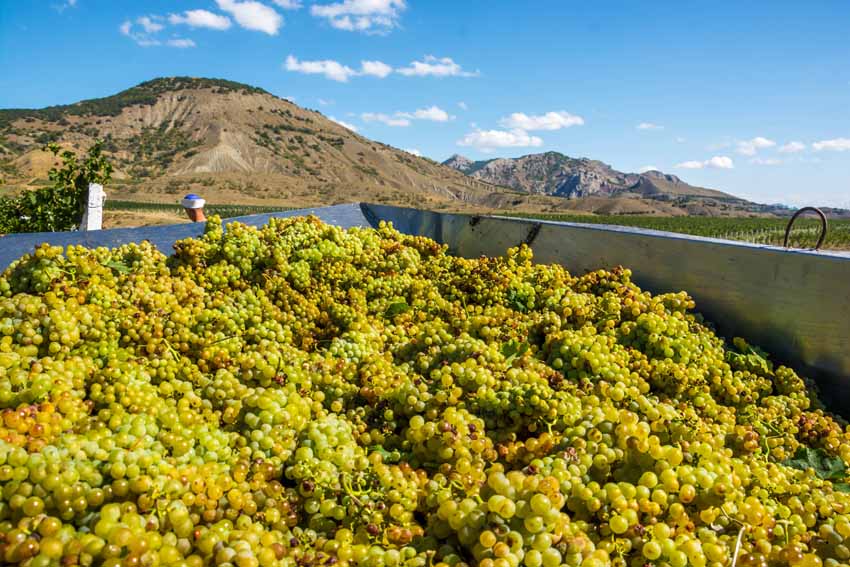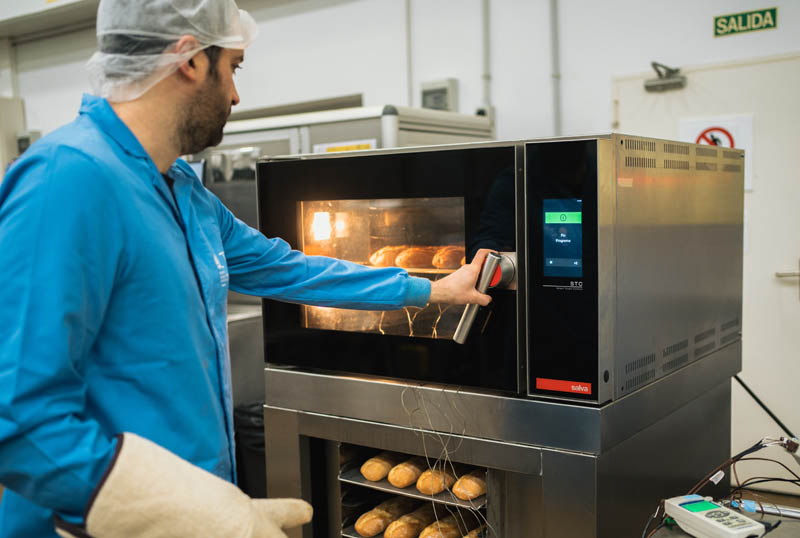Smarter, shorter, stronger: Food supply chain in Europe
Últimas noticias
Una mirada LGTBIQ+ al reino animal
Circular Economy in Action: Valorisation of By-products through Projects like PRIMA NEWFEED
Strategic Perspectives: Highlights from the Food4Future World Summit for Business Leaders
- EU funded SMARTCHAIN project goes live at www.smartchain-h2020.eu creating a new European hub for short food supply chains.
- AZTI leads the WP7 (Business and policy recommendations) and the Spanish national innovation community for short food supply chains (Spanish Hub), also participating in the identification of technological innovations for practitioners, in the consumers and stakeholders studies and in the analysis of environmental, social and economic sustainability of different short food supply chains models.
- The short food supply chain model can be realised at a larger scale in an economically feasible, sustainable and environmentally friendly way. The outcomes of this project will aim at proving it
Last week, partners of the European project SMARTCHAIN announced the launch of the web platform where all interested parties will be able to find information on the initiative aiming at fostering and accelerating the shift towards collaborative short food supply chains.
The project kicked off in September 2018 under the Horizon 2020 framework bringing together 43 partner organizations with complementary types of knowledge from 11 countries. A demand-driven approach with the active involvement of end-users i.e., short food supply chain practitioners, famers and small food businesses, agricultural cooperatives, farmer and consumer associations etc. is deeply embedded in the project. The project partners were met last October at the University of Hohenheim in Stuttgart (picture below).
Within SMARTCHAIN, AZTI leads the WP7 (Business and policy recommendations) and the Spanish national innovation community for short food supply chains (Spanish Hub), also participating in the identification of technological innovations for practitioners, in the consumers and stakeholders studies and in the analysis of environmental, social and economic sustainability of different short food supply chains models.
During its implementation in the next 3 years, the SMARTCHAIN project will provide innovative solutions to practical problems that short food supply practitioners are faced with food production & processing, product development, access to markets, logistics and distribution. The project will also generate concrete actions for knowledge transfer through the organization of innovation workshops and training activities for farmers and short food supply chain entrepreneurs across Europe. Under the SMARTCHAIN project, 9 national innovation communities exclusively working on short food supply chains will be established in France, Germany, Greece, Hungary, Italy, Netherlands, Serbia, Spain and Switzerland. Those physical hubs will be backed up by a virtual innovation hub in order to facilitate stakeholder engagement.
For Ms Susanne Braun SMARTCHAIN project coordinator “All participants to the SMARTCHAIN initiative are convinced that the short food supply chain model can be realized at a larger scale in an economically feasible, sustainable and environmentally friendly way. The outcomes of this project will aim at proving it.”
The central SMARTCHAIN web platform released on November 26th will gather all relevant information related to the latest project developments. Interested stakeholders could also follow all consortium activities via the #SMARTCHAIN_EU hashtag on Twitter.







